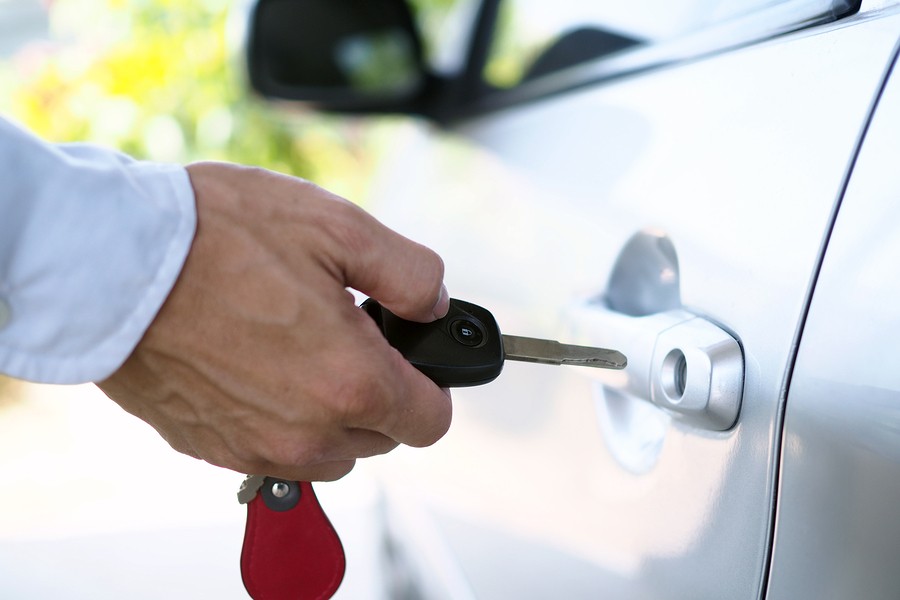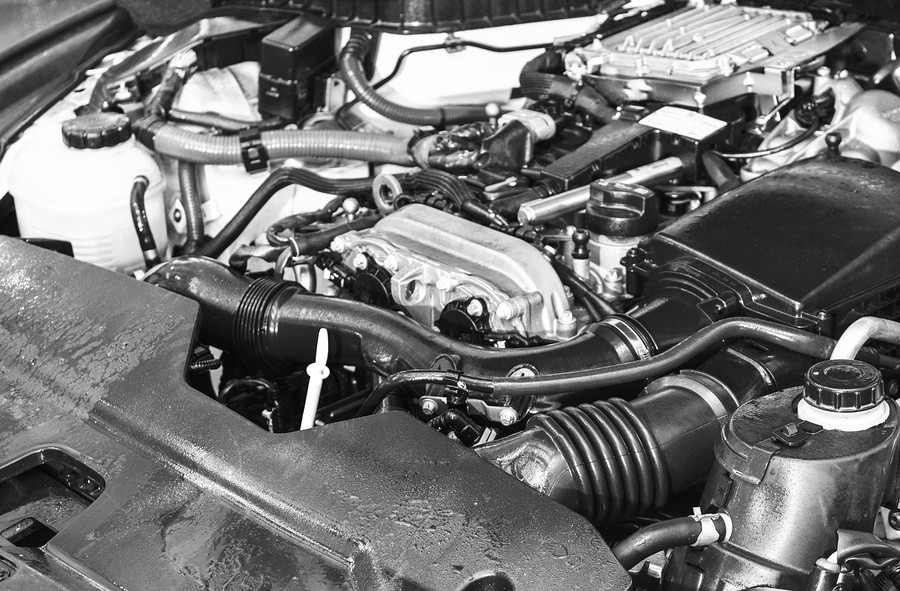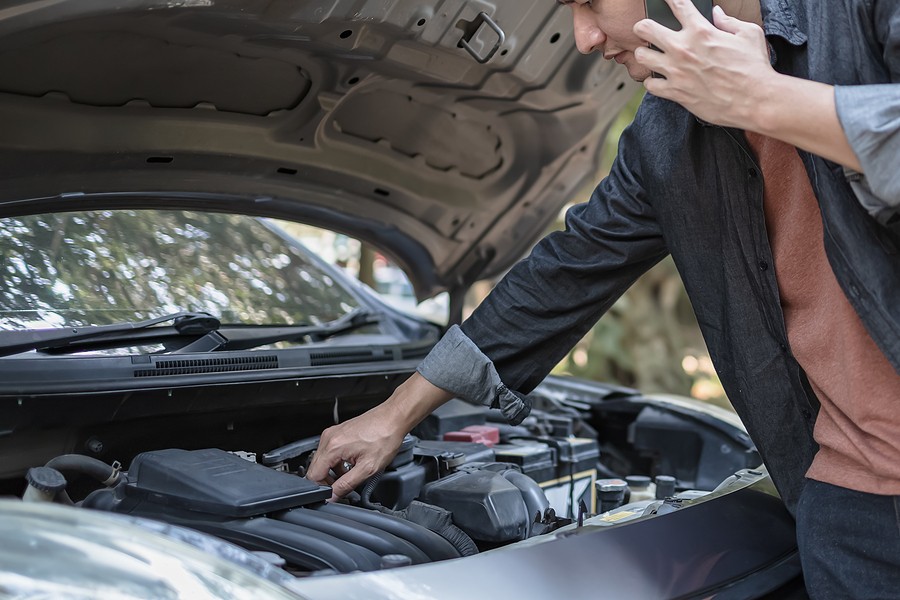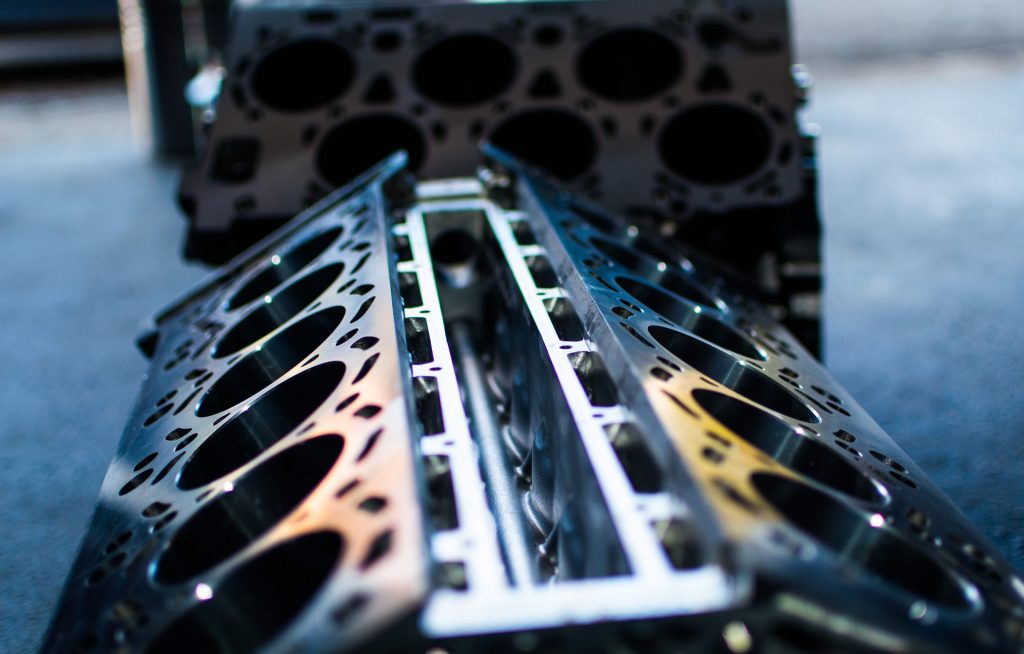Your engine block is the most important part of your vehicle. Without it, you wouldn't be able to start the engine and go anywhere. So when one of these is cracked, it presents quite a problem.
Cracked blocks are usually caused by overheating or improper cooling. The block can crack due to an accident or if something has been dropped onto the engine, or if something has been dropped from the engine.
It's a question that has plagued drivers for years – when is it worth fixing a cracked engine block? The answer, of course, depends on the severity of the crack and the cost of repairing it. But in most cases, it's not worth spending the money to fix a cracked engine block.
This article provides you with all you need to know about “is it worth fixing a cracked engine block?” furthermore, we provide you with all the information and facts to give you a clear understanding of why it is not worth fixing in most cases.

What is an engine block, and what does it do?
First, you need to understand what an “engine block” is and what it does. It's the central housing for the pistons, engine valves, and other engine components. The engine block has cylinders where the pistons are located – each of these cylinders contains a different number of pistons depending on how many there are in your vehicle.
All parts of your vehicle run off power provided by this single metal block, so when it cracks because of various reasons mentioned above, it's difficult to get anywhere without repairing or replacing it.
The consequences of a cracked engine block
The last thing you want to hear from your mechanic is that your engine block is cracked. This is because there are so many negative consequences that your vehicle will start dealing with once the engine block cracks.
Let's take a close look at the common consequences of a cracked engine block:

1 – The vehicle will start overheating
Once the engine block cracks, it cannot retain heat or coolant in the cooling system, and the engine will start over-heating very fast.
Once this happens, you can't go anywhere before your vehicle cools down again, and there's a high risk of damaging other parts of the engine if it gets too hot and starts to boil.
2 – Excessive oil consumption
The first sign of an overheated engine is usually excessive oil consumption. Next, lubricant starts leaking from some components because they're not held together as tightly anymore due to extreme heat or force against them.
You may also notice some smoke coming out of the tailpipe and condensation in the coolant tank due to excess moisture caused by water burning off.
3 – There's a risk of blockage after cooling down
If your car overheats so much that it shuts down completely, then cools down again before you get to the mechanics, there is a risk of blockage due to carbon deposits caused by combustion.
These carbon deposits may cause some parts of your engine not to function anymore, which will result in costly repairs and replacements if they can't be cleaned off.

4 – It's difficult to determine the extent of the damage
The more time passes without repairing or replacing a cracked engine block, the harder it becomes for your mechanic to diagnose problems inside because of extensive heat damage and excessive rusting.
For example, cracks allow moisture and other impurities into the cylinders, which causes more pressure on bearings and pistons, making them wear out faster than expected.
5 – There is a risk of cylinder walls becoming warped
If your vehicle continues to run while it has a cracked engine block, the metal in the cylinders may warp, which will require extensive repairs. Warped cylinder walls can also decrease the efficiency of fuel combustion inside.
6 – Expensive repairs
It's expensive to replace an engine block once it is damaged. End up paying for repairing or replacing your engine block because of all the problems listed above. You'll find out that fixing even one crack in it is extremely expensive, and this doesn't include labor costs or any other expenses incurred due to other components being damaged by extreme heat.
The easiest thing to do is take your car straight to the mechanics when you notice something wrong with the way your engine sounds. Ignoring damage may cause more issues than the crack itself in the long run.
7 – It's not considered a wise investment anymore
Once your engine block cracks and requires repairs, it may seem that keeping the vehicle running is more expensive than buying a new one which isn't that far from reality. Even if you could fix or replace just one crack successfully, chances are there will be another one developing elsewhere on the engine block.
8 – Future problems can lead to costly repairs
Cracks caused by corrosion don't appear overnight – they come with time as impurities accumulate inside your engine due to lack of proper maintenance. Depending on how many years have passed since this happened, other components such as a head gasket, cylinder head valves, timing chain, water pump, etc., may have already suffered damage.
9 – You risk your safety on the road
If you've ever heard of an engine “blowing up,” then you know that it may cause serious damage to components around if they're not strong enough.
All of these parts are right next to the compartment. Some, such as the timing chain or piston rod, can easily contact other moving parts, causing further damage and creating a hazardous situation while driving because there's always a risk of exploding any part without warning.
10 – You could lose your power steering and brakes
One of the essential components in every vehicle is the power steering pump which is usually connected to the engine via a timing belt. If this belt gets damaged while driving due to metal shards flying off from cracks in the engine block, you'll lose your power steering, making driving much more difficult.
The same applies to brakes; when they don't work properly, the risk of a crash significantly increases, which is why there's a high probability of needing professional help after an engine explosion or another major damage caused by a crack.
How much does it cost to fix a cracked engine block?
Once you've decided that the problem with your car's engine block is serious enough to warrant repairs for it, you'll have to spend some time looking for a reliable and experienced mechanic.
Inevitably, this will also result in spending money on labor costs which can quickly add up, especially for cracked engine blocks.
More often than not, the final amount you'll have to pay will be significantly higher since factors in other components are weakened by extreme heat and metal shavings flying all over the place while your car is being repaired.
The cost of fixing an engine block depends on many factors such as its type (new, used, remanufactured, etc.), size (1.6L vs. 6.2L), engine type (V-shaped, straight, etc.), and model year of the vehicle in question.
Replacing a damaged cylinder head can cost you anywhere from $800 to $3000 while repairing other components such as a water pump or timing belt costs approximately around $300-$1400.
Add to that about $50-$75 for gasket and sealant that needs to be replaced before the engine block can be put back together again, and you'll end up paying a couple of thousands of dollars at least.

Is it worth fixing a cracked engine block?
When you ask, “is it worth fixing a cracked engine block?” keep in mind that repairing one crack may not be the best choice financially when compared to buying a new vehicle.
Even if you manage to fix just one crack, you can still expect multiple others to appear sooner or later, which will probably lead to the same amount of spending anyway.
Another problem with fixing a cracked engine block is that some components surrounding it may have been weakened as well, which means more money for labor, parts, and other repairs on top of the initial costs you had to pay.
In conclusion, repairing a cracked engine block depends on many different factors such as the location/size of the crack, the number of cracked types, engine, year of vehicle production, and finally, costs.
If it costs too much to fix your car's engine block, you may be better off shopping for a new car, especially if you can afford its interest payments. However, before deciding on spending that extra money on repairs or not, face all facts and do your research first.
Fixing cracks in an engine block should be the last resort you should consider only if there's no other option available. If possible, try to avoid this situation altogether, and preventative maintenance will do miracles for your car in most cases.
Factors to consider when deciding whether to fix a cracked engine block
Since cracked engine block replacement is a very expensive repair, it is worth considering some factors before deciding on fixing the cracked engine block.
Automotive experts put together a list of the most important factors to consider:
Number of Cracks
depending on the number of cracks and where they are located, replacing the engine block may be more cost-effective.
Size and Location of Cracks
Some repairs can save you money and provide new life for an older engine if done correctly. Sometimes, just a partial repair can be effective and do the job.
Vehicle Warranty
research whether or not the vehicle's warranty will cover engine block replacement. If it does, this certainly makes replacing a cracked engine block much easier to swallow because you'll not have to pay out of your pocket. Repairing a cracked engine block may also void current warranties depending on guidelines set forth by car manufacturers.
Engine Type
V-shaped engines are more difficult to fix since they crack in different locations than straight engines. If your car has a V-shaped or another type of engine, expect repair costs and labor costs to be higher simply due to difficulty in repairing specific types of engines, including overhead cams.
Location of Cracks
if the cracks are located on the cylinder head or block itself, these can sometimes be repaired, but they tend to reappear after some time. Also, repairing cracks at this stage is usually more expensive than replacing an engine block due to the difficulty involved with access and repair points for the technicians trying to fix it.
Risks of waiting
one risk that comes into play when deciding whether to replace a cracked engine block is liability risks associated with driving a vehicle with damaged cylinders, including a high risk of injury and potential death if the damage goes undetected. For example, in some cases, drivers have survived accidents that have resulted in serious injuries, including broken bones and head trauma.
Location of damage
if the damage is on the body, it may be more cost-effective to repair instead of replacing an engine block. However, top ends are hard to fix because they require additional components, including the oil pump, water pump, and timing chains.
Vehicle age
older vehicles may opt for having the engine block replaced instead of repairing it because extensive repairs can lead to higher costs than just buying a new car altogether. This is especially true with vintage cars, which tend to carry hefty price tags or those that are highly collectible.
Cost of Parts
compare dealer/manufacturer prices with what local independent shops charge for parts. Sometimes, new companies specializing in engine blocks can provide parts that are just as good or better than what the car dealer/manufacturer offers at a cheaper cost.
Cost of Labor
it would help if you also looked at how much it will cost to have someone put your new motor block in and hooked up everything, such as the timing chains, oil pump, etc… If labor costs more than the actual parts themselves, it may be worth considering buying a whole new engine since this is where most of the labor costs come from when doing major repairs.
Alternatives to fixing a cracked engine block
One alternative to replacing a cracked engine block is to rebuild the existing one. However, this can be more costly and time-consuming. Your other option is buying a used motor block which some people have known. Many older vehicles are being scrapped, so it shouldn't be hard to find used parts for sale online or from dealerships that sell rebuilt engines.

Conclusion
There are many factors to consider when deciding whether or not to fix a cracked engine block. Cost is a major consideration, but it's not the only one. Vehicle age, warranty coverage, and location of cracks are also important factors to consider.
It may be more cost-effective to just buy a new car altogether in some cases rather than repairing an engine block that has multiple cracks. However, if you decide to go ahead with the repair, make sure you compare prices for parts and labor before making your final decision.



